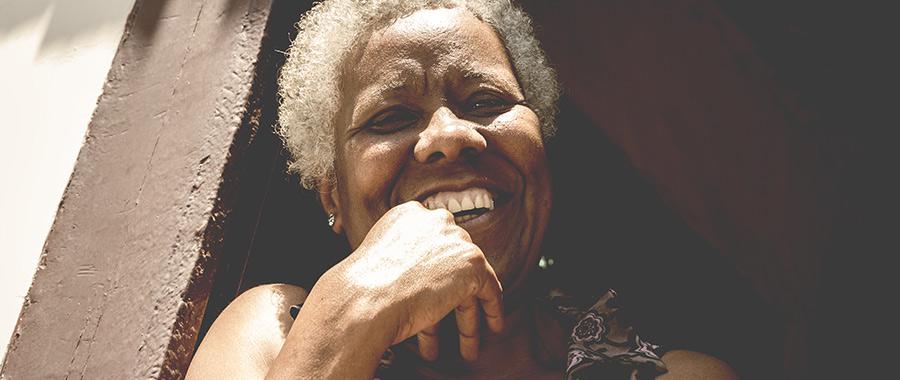The Bahá’í Faith, a vibrant and diverse religion, espouses a philosophy of spiritual transformation that profoundly influences the lives of its adherents. This intricate journey of transformation, characterized by introspection and conscious awareness, seeks to reshape the individual’s inner landscape and foster a holistic connection with the world. Recognizing the fundamental need for personal growth, the Bahá’í teachings provide a framework that guides individuals through this transformative process from the inside out. This article delves into the multifaceted dimensions of spiritual transformation as delineated in the Bahá’í teachings, exploring its nuances while igniting curiosity regarding its implications for contemporary existence.
At the heart of the Bahá’í process of spiritual transformation lies the premise that each individual possesses an inherent spiritual essence. This essence, often obscured by material distractions and societal conditioning, serves as the foundation of one’s true identity. The Bahá’í teachings advocate for a deliberate effort to unveil this inner truth, compelling individuals to embark on a journey of self-discovery. This intellectual and spiritual endeavor is essential as it invites participants to question conventional paradigms and engage in a rigorous examination of their beliefs.
The transformative process is catalyzed through several key frameworks established by Bahá’u’lláh, the founder of the Bahá’í Faith. Firstly, the concept of unity is paramount; it transcends superficial divisions and inspires a collective consciousness among humanity. The recognition of the interconnectedness of all people fosters compassion and empathy—critical values in the process of transformation. With this understanding, individuals are encouraged to transcend their self-centered tendencies and cultivate a broader vision that emphasizes social and global responsibility.
Another essential element is the emphasis on individual responsibility in the pursuit of spiritual growth. The Bahá’í teachings assert that true transformation is self-initiated; each person is urged to take ownership of their spiritual journey. This is not merely an exercise of willpower but a deep-rooted commitment to personal development. The teachings encourage practices such as prayer and meditation as pivotal tools for reflection and communion with the divine. Through these spiritual practices, individuals gain a deeper insight into their inner workings and a clearer understanding of their purpose in life.
Alongside these practices, there exists the concept of service—a form of spiritual activism. The act of serving others is regarded as a mechanism for enhancing one’s spiritual state and achieving inner fulfillment. The Bahá’í Faith posits that through serving humanity, individuals not only contribute to the welfare of society but also experience profound personal transformation. This engagement instills a sense of purpose and transcends the confines of self-interest. The cultivation of altruism leads to a more profound spiritual awakening, prompting individuals to develop virtues such as kindness, generosity, and justice.
Moreover, the Bahá’í emphasis on education cannot be overstated. Education is viewed as a cornerstone of spiritual transformation, facilitating the development of the intellect and the refinement of character. The comprehensive nature of Bahá’í education engenders critical thinking and moral reasoning, essential tools for navigating the complexities of contemporary life. It encourages individuals to engage with a broad spectrum of knowledge, thereby enriching their understanding of themselves and their responsibilities toward others. This intellectual engagement further serves as a foundation for fostering dialogue and nurturing relationships across diverse cultures and backgrounds.
An intriguing aspect of the Bahá’í teachings is the intertwined relationship between spiritual and material progress. The principle of the harmony of science and religion posits that both domains are essential for comprehensive development. Spiritual transformation is not confined to abstract ideals; it resonates through practical endeavors that uplift society. The integration of scientific inquiry with spiritual wisdom leads to progress—a transformation that is holistic, encompassing the personal, social, and global realms.
In exploring the dynamics of spiritual transformation, it is also crucial to acknowledge the role of community. The Bahá’í community, characterized by its diversity and inclusivity, serves as a nurturing ground for personal and collective growth. Within this framework, individuals are provided opportunities to engage in collaborative efforts, further enhancing their spiritual evolution. The sense of belonging, coupled with mutual support, fosters an environment conducive to learning and development. Collective activities such as fireside discussions, study circles, and community service initiatives are avenues through which individuals can deepen their understanding as they actively participate in the transformation process.
As the journey progresses, individuals often encounter challenges and obstacles. The Bahá’í teachings embrace the notion that trials serve as catalysts for growth. Spiritual transformation is rarely linear; it demands resilience and adaptability. In confronting adversity, participants are invited to cultivate patience and perseverance, virtues that ultimately contribute to their spiritual maturity. These challenges are integral in refining one’s character and fortifying one’s connection to the divine.
Ultimately, the Bahá’í process of spiritual transformation invites individuals to experience life through a lens of profound curiosity and open-mindedness. In redefining personal perspectives, adherents are encouraged to embrace a dynamic understanding of their existence, engaging with life’s complexities through a spiritual dimension. This transformation is not solely an individual endeavor; it reverberates throughout communities and societies, fostering unity and collaboration.
In summary, the Bahá’í teachings illuminate a pathway toward spiritual transformation characterized by a holistic and intentional approach. Through introspection, service, education, and community engagement, individuals are equipped to embark on a journey of self-discovery and enlightenment. The emphasis on interconnectedness and unity fosters a broader vision, inviting each person to contribute to the collective spiritual ascent of humanity. As individuals embrace this transformative process, they discover not only their true selves but also their profound potential to effect positive change in the world.
